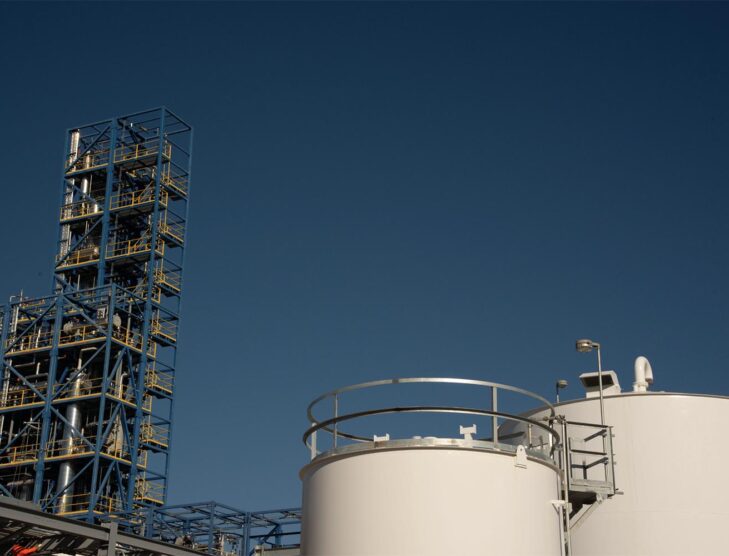
LanzaJet opens first global ethanol sustainable aviation fuel plant
LanzaJet celebrated its first commercial ethanol-to-sustainable aviation fuel (SAF) production plant opening Wednesday. Multiple dignitaries like the U.S. secretaries of agriculture and energy attended the launch of “Freedom Pines,” located in Soperton, in the U.S. state of Georgia.
“The Biden-Harris Administration is committed to harnessing the full potential of SAF as we continue to build a strong economy that is sustainable, resilient, competitive, and keeps rural places thriving,” said U.S. Agriculture Secretary Tom Vilsack. “As we transition to SAF, this will not only create new climate smart commodity markets for American producers, but it will also help American companies such as LanzaJet corner the market of a valuable, emerging industry, while revitalizing rural communities like Soperton with agriculture front and center in the effort. LanzaJet’s facility will help accelerate the SAF industry and provide new economic opportunities for producers for a more sustainable future.”
Additionally, the opening of Freedom Pines Fuels also featured LanzaJet shareholders International Airlines Group (IAG), LanzaTech, Mitsui & Co, Shell, and Suncor Energy and investors such as the Microsoft Climate Innovation Fund, Breakthrough Energy, British Airways, and All Nippon Airways (ANA).
The 10-million gallon per year facility represents a realisation of LanzaJet’s patented process converting ethanol into lower-emission synthetic paraffinic kerosene usable as a drop-in jet fuel replacement. CEO Jimmy Samartzis said the milestone demonstrates LanzaJet’s global leadership delivering viable SAF scaling critical for climate progress.
The technology’s first commercial flights were completed with Virgin Atlantic and All Nippon Airways (ANA) in 2018 and 2019, respectively.
“LanzaJet Freedom Pines Fuels is proof of the energy transition accelerating in real time,” said Jennifer Holmgren, LanzaJet Board Director and Chief Executive of LanzaTech. “We are demonstrating the ability to establish secure supply chains domestically, create new jobs locally, and produce sustainable aviation fuel globally.
Besides fuel manufacturing, the integrated demonstration blueprint offers wider licensing and development partnerships as LanzaJet extends research on boosting alternative aviation energy adoption. Partners already include feedstock giants, airlines, tech venture firms and key government agencies eyeing alternatives to reduce the approximately 3% of global emissions stemming from air travel.
The company suggests its chemical process better supports high-volume, lower-cost SAF integration approaching benchmarks for competitiveness against conventional jet kerosene. This stems from leveraging widely-available bioethanol, emerging waste streams and other renewable inputs subject to fewer input limitations than rival conversion routes. Ongoing refinements also widen potential feedstocks beyond initial crop substances.
The company claims that the technology used at LanzaJet Freedom Pines Fuels will reduce greenhouse gas emissions by more than 70%.
The Georgia production hub will create full-time roles between direct and indirect employment for around 250 while generating about USD70 million in annual area economic impact. Regional farmers consequently gain new ethanol crop market avenues as the aviation industry seeks large decarbonisation progress this decade.









